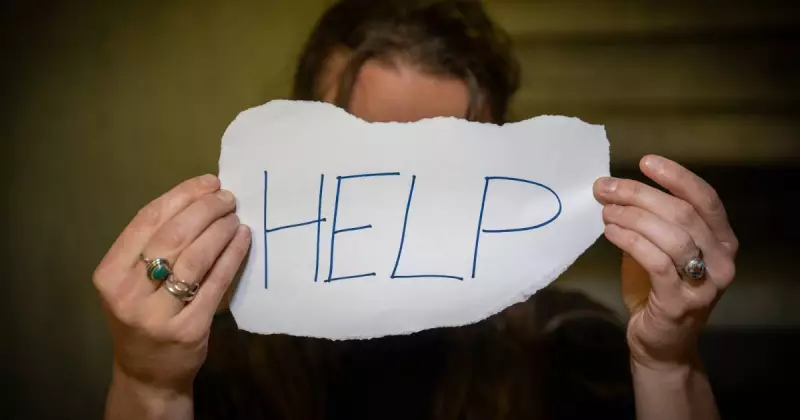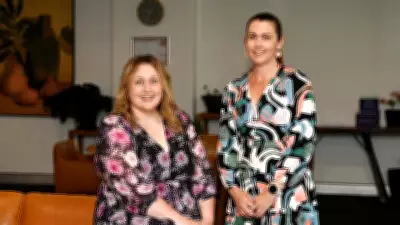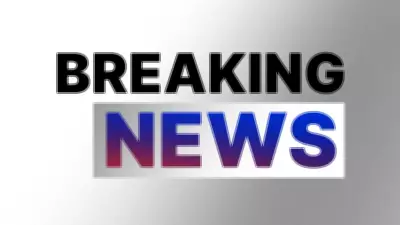
In an era where TikTok dominates the social media landscape, Australian mental health experts are raising urgent concerns about the platform's impact on young people's psychological wellbeing. The popular video-sharing app, while offering community and connection, has become a double-edged sword for vulnerable users seeking mental health information.
The Digital Mental Health Landscape
Recent analysis reveals that TikTok has become a primary source for mental health information among Australian youth, with millions of posts tagged with mental health-related hashtags. While this accessibility can reduce stigma and provide immediate support, it also creates significant risks. Unqualified creators often share misleading or potentially harmful advice that can worsen existing conditions.
Mental health professionals across Australia note a troubling trend: young people are increasingly arriving at consultations with self-diagnoses based on TikTok content. Platform algorithms can create echo chambers that reinforce negative thought patterns and expose users to content that may trigger or exacerbate mental health issues.
Expert Perspectives and Solutions
Australian psychologists emphasize the importance of digital literacy in protecting mental health. Dr. Sarah Jenkins, a clinical psychologist from Melbourne, explains that while social media can provide validation, it often lacks the nuance required for proper mental health support. "Young people are turning to TikTok for answers they should be getting from qualified professionals," she notes.
Several Australian organizations have launched initiatives to combat mental health misinformation on social media. These include:
- Digital literacy programs in schools teaching critical evaluation of online content
- Partnerships between mental health organizations and social media platforms
- Verified professional accounts providing evidence-based information
Moving Forward Responsibly
The solution isn't about abandoning social media entirely, but about developing healthier relationships with digital platforms. Experts recommend several strategies for Australian users:
Curate your feed intentionally by following qualified mental health professionals and muting content that triggers negative emotions. Set time limits for app usage and take regular digital detoxes. Most importantly, use social media as a starting point for conversations about mental health, not as a replacement for professional care.
As TikTok continues to evolve, the responsibility falls on multiple stakeholders—including platform developers, educators, healthcare providers, and users themselves—to create a safer digital environment. The conversation about mental health in the age of social media is just beginning, and Australia has an important role to play in shaping its future direction.





